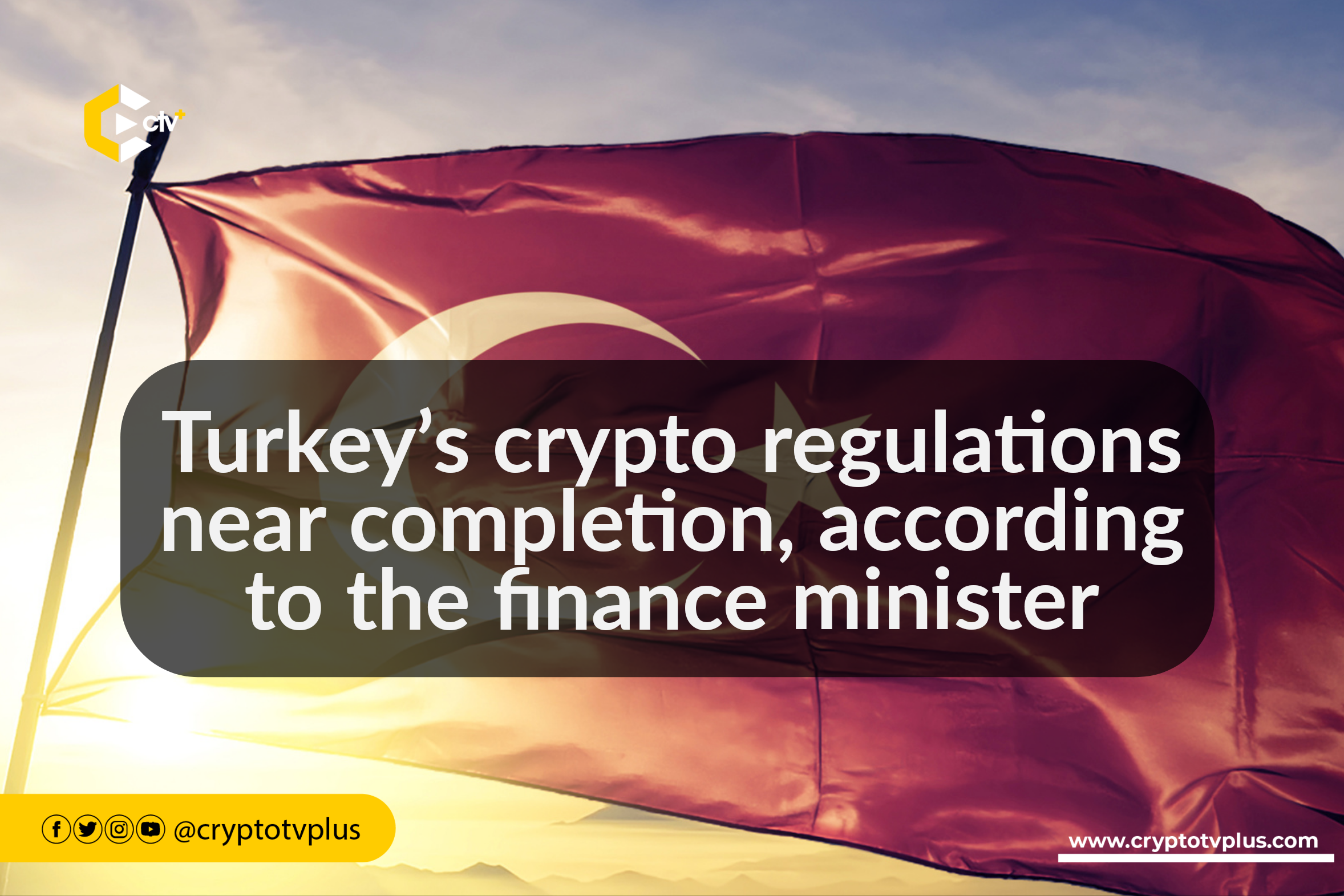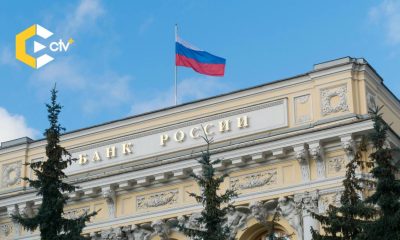News
Turkey’s crypto regulations near completion, according to the finance minister

Treasury and Finance Minister Mehmet Şimşek announced that the Turkish government plans to introduce legislation that will define key concepts in the crypto industry, license trading platforms, and ensure compliance with FATF standards.
The upcoming crypto regulations in Turkey will focus on clearly defining essential concepts in the crypto industry, licensing and regulating crypto trading platforms, to adhere to international standards set by the Financial Action Task Force (FATF).
Minister Şimşek, in a Jan. 10 interview, revealed that the Turkish government is in the final stages of developing its crypto framework, with the development team currently working on the technical aspects of implementing the regulations. He emphasized that the government’s priority is to protect investors and minimize the risks associated with crypto trade while still complying with international standards.
“Therefore, we are taking steps to reduce the risks of parties trading with crypto assets in our country, similar to international practices. This is also within the scope of FATF to get out of the gray list.”
As part of the forthcoming regulations, crypto platforms will be required to obtain licenses from the Capital Markets Board (CMB), Turkey’s financial markets regulator.
They will also give legal definitions to “crypto assets,” “crypto wallets,” “crypto asset service providers,” “crypto asset custody service,” and “crypto asset buying and selling platforms.”
Minister Şimşek provided an example of defining crypto assets within the framework.
“[…] intangible assets that can be created and stored electronically using distributed ledger technology or a similar technology, distributed over digital networks, and capable of expressing value or rights.”
It was clarified that the upcoming crypto regulations would not cover the specific tax regime for virtual assets.
Turkey has been actively working on crypto regulations, particularly focusing on licensing and taxation, as part of a broader effort to enhance the country’s regulatory framework and address concerns raised by the FATF, which placed Turkey on its grey list.
Chainalysis data reveals that Turkey ranks as one of the world’s largest crypto markets, with a total transaction volume of $170 billion between July 2022 and June 2023, placing it behind only the United States, India, and the United Kingdom.
The Central Bank of the Republic of Turkey (CBRT) recently announced the successful completion of the first phase of its Digital Turkish Lira (DTL) project, including the execution of payment on the DTL Network, marking a significant advancement in the country’s digital currency infrastructure.
Following this, the CBRT plans to further the pilot test in the first quarter of 2023, to launch a Central Bank Digital Currency (CBDC) highlighted in Turkey’s 2023 Presidential Annual Program.
Turkey officially explored the possibility of launching a CBDC in September 2021, known as the “Central Bank Digital Turkish Lira Research and Development” project. The goal of the project was to complement the country’s existing payments infrastructure and to improve its efficiency and security
Blockchain technology is emphasized as an integral part of the CBDC project in Turkey’s 2023 Presidential Annual Program.
“Blockchain-based central bank digital currency will be put into practice,” a discussion section in the program, Balance of Payments, stated.
Read also: CFTC proposes measures to address DeFi risks and explores opportunities
























